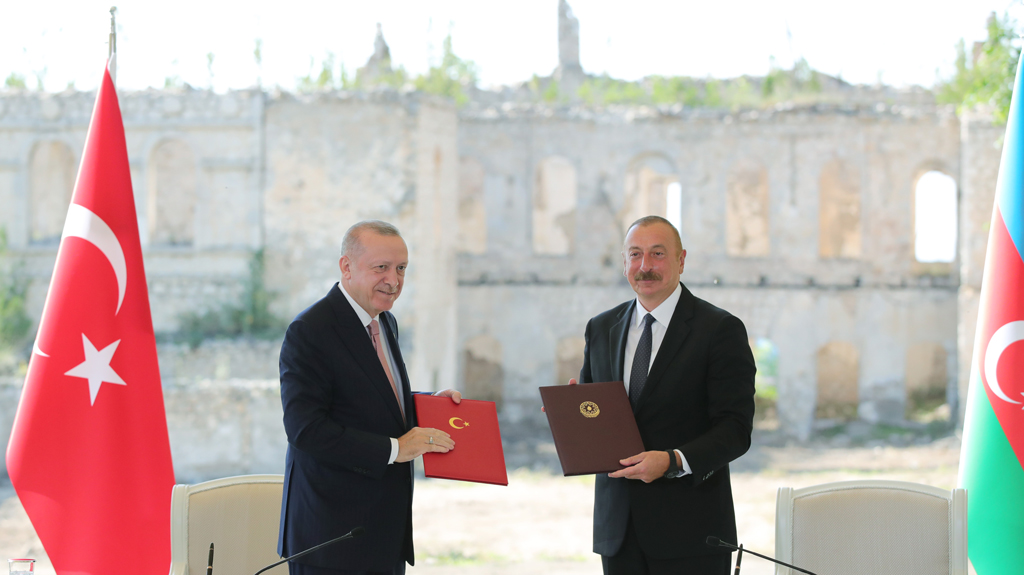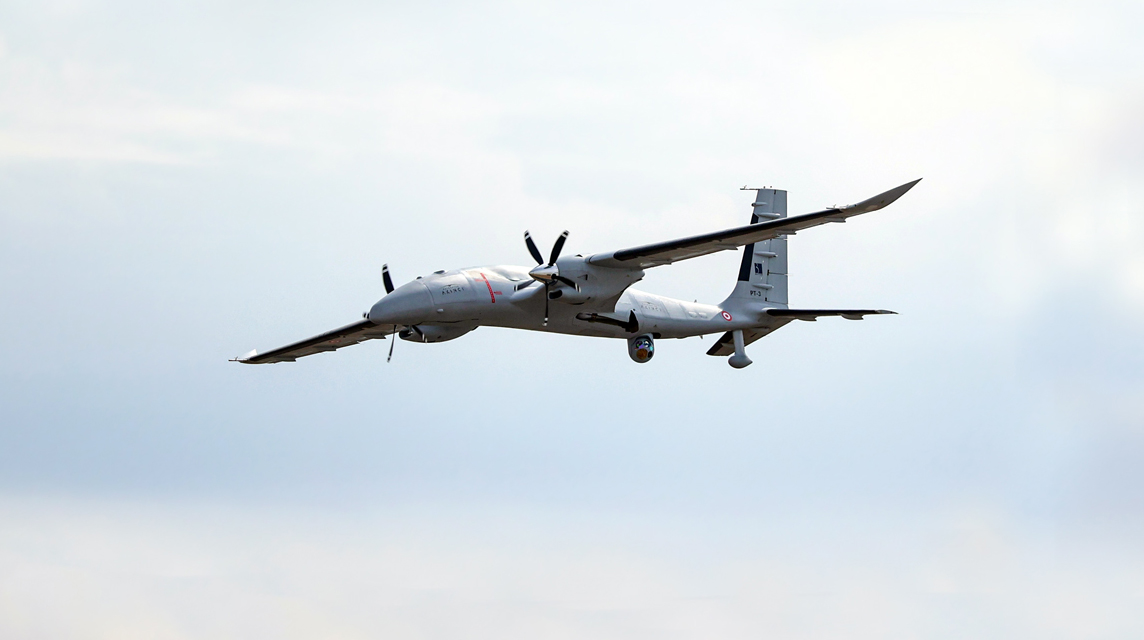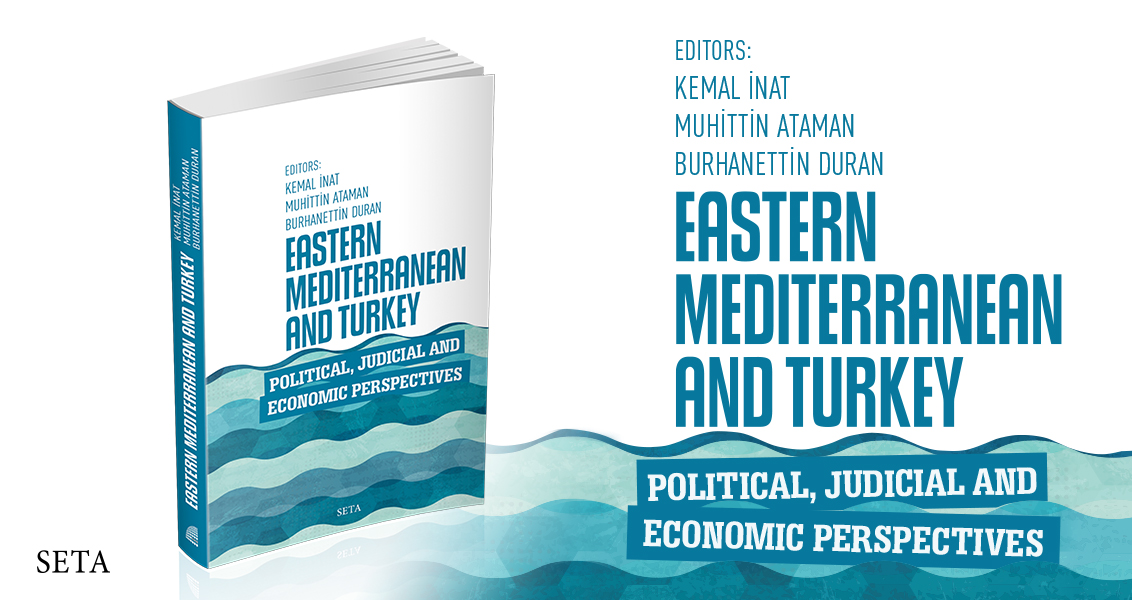The 20th anniversary of the signing of the customs union (CU) agreement between Turkey and the EU witnessed a critical development where consensus was reached to start a formal process of renegotiation after a one-year transition period. Historically, the agreement was perceived as the initial step to Turkey's full membership in the EU and contributed substantially to the improvement of production and service standards. But over the course of two long decades, the goal of full membership remained elusive. As the EU turned into an institution based on intensive economic and political integration and Turkey followed a more autonomous and multi-pronged diplomatic strategy via openings to emerging markets and new regions, the agreement was perceived as an anachronistic arrangement that defined Turkey as a weak economy on the margins of Europe. Often cited as the main structural barriers for Turkey's increasing trade potential were the exclusion of Ankara from the decision-making process on international trade policy due to its non-membership, Turkey's obligation to conduct separate arrangements on the EU's increasing free trade agreements with third parties, physical barriers to the circulation of Turkish goods in European countries and the exclusion of services, public procurement, food and agriculture from the CU.
Therefore, when the preliminary negotiations were launched between the U.S. and the EU for the institution of the Transatlantic Trade and Investment Partnership (TTIP), policy makers in Turkey rightly observed an imminent danger of isolation from the largest potential economic bloc in the world and pushed for a radical overhaul of the CU arrangement. Substantial diplomatic pressure on the EU and threats for a complete withdrawal from the CU agreement worked eventually, and a memorandum of understanding renegotiation along the lines of Ankara's demands was signed on May 11, 2015.
The European Commission and Turkey will lay out the details of negotiations on the main sticking points such as Turkey's inclusion in the EU's decision-making processes on trade policy. This is a strategic issue, as Turkey constitutes a "sui generis" case in its status as the only non-EU member in the CU framework. Furthermore, there is the critical issue of automatic involvement in the new free trade agreements to be signed between the EU and third parties. Turkey wants to alleviate the negative impact of the narrow-minded reservations placed against the EU's expanding trade policy in view of the potential participation of Greek Cyprus in the 1990s. Getting rid of logistical restrictions to the free movement of Turkish goods - and afterward entrepreneurs -in the EU, constitutes another key reform that will be considered along with the easing of visa procedures for the Turkish business community. Finally, the inclusion of agriculture, services and public procurement in the CU will carry Turkey's economic integration with Europe to a completely new level with considerable trade expansion effects.
All together, these issues also carry geo-economic importance both to galvanize Turkey's position as a rising economic powerhouse in the global system and to confirm the long-term strategic partnership between Turkey and Europe. Massive energy projects under construction such as the Trans-Anatolian Natural Gas Pipeline (TANAP) and Trans-Adriatic Pipeline should also be seen as part and parcel of this future partnership based on a complex interdependence in a variety of issues. The renegotiation of the CU will accelerate mutual direct investment flows in agriculture, industry, services and public procurement, encouraging Turkish entrepreneurs to penetrate European markets more deeply with joint ventures. In the longer term, harmonizing trade and investment policies and standards with the EU will facilitate Turkey's efforts to participate in the broader economic area that would be created by the TTIP and possibly seek a separate free trade agreement with the U.S. These steps are undoubtedly vital as part and parcel of Turkey








